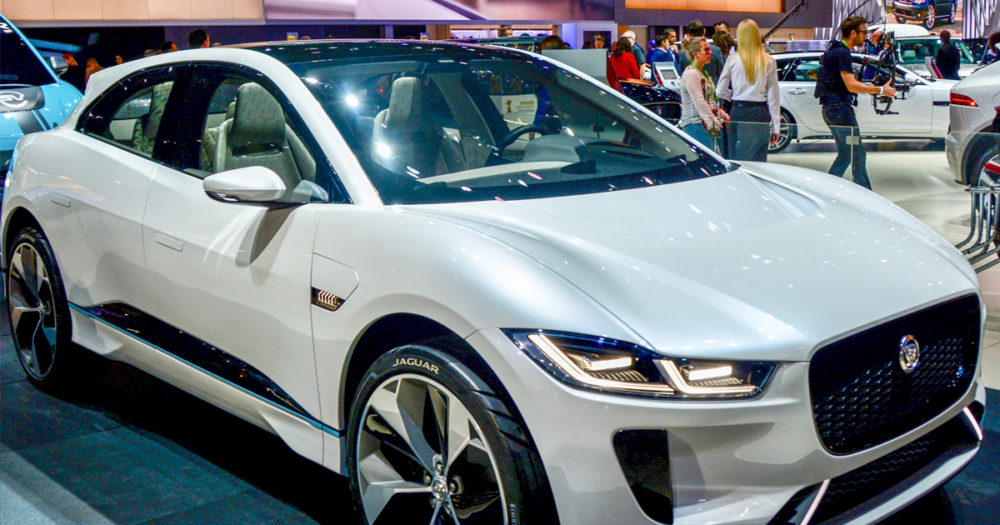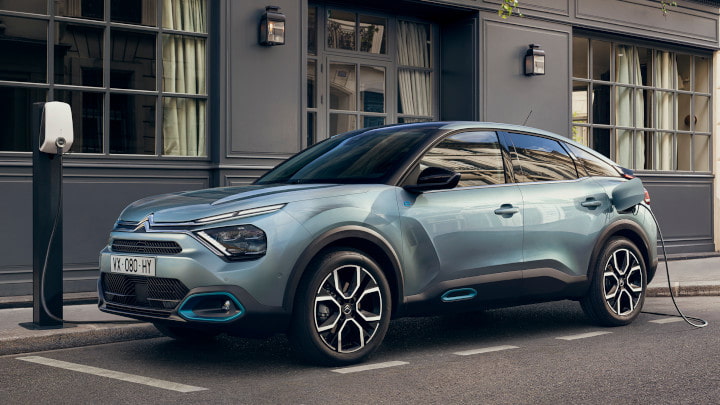
One solution to the harmful effects that conventional automobiles have on the environment is the use of electric vehicles. However, they have also been shown to be beneficial to civilization in a great many other ways. The proliferation of electric vehicles has prompted a demand for increased efficiency in both the production and consumption of overall energy. They have demonstrated how vital it is to locate alternative sources of fuel, and they have the potential to have a beneficial impact, not only on the environment but also on society as a whole. It is anticipated that electric vehicles will become the next disruptive market force in the transportation and technology industries. They have the potential to completely transform the ways in which energy is generated, used, and repurposed. Keep reading to learn more about the merits of electric cars for sale in san diego and the factors that contribute to their critical significance.
Reduced Greenhouse Gas Emissions
Concern over greenhouse gas pollution and the role that they play in contributing to global warming is one of the primary motivating factors behind the advent of electric vehicles on the market. The development of electric vehicles with significantly reduced or eliminated exhaust emissions was undertaken with the intention of contributing to the solution of this problem. The decrease in carbon emissions will have the most significant effect in urban regions, because that is where the majority of people live and drive. The elimination of the exhaust pipe in electric vehicles contributes to a reduction in air pollution, which in turn promotes sustainable transportation. This, in turn, has the effect of significantly reducing the negative impact that transportation requirements have on the atmosphere. In addition, even if an electric car’s entire power supply comes from fossil fuels, the vehicle will still generate significantly less pollution than a gasoline-powered vehicle would. Why? Electric vehicles are significantly more energy-efficient than internal combustion engine (ICE) cars, which is something that we have discussed in the past. This implies that traditional gas cars require more energy to run, whereas electric cars require less energy overall. And regardless, the future should be our primary emphasis as we work toward achieving a renewable energy supply of 100 percent. If we keep focusing on the here and now, there will be no room for creativity anywhere in the world. This means that we cannot continue to do so.

Enhanced Community Health
The health of the population could benefit from the widespread adoption of electric vehicles. Exhaust emissions are a major drawback of internal combustion vehicles. It’s not just unpleasant to scent, but also dirty and full of potentially dangerous gases. Air pollution and a decline in quality of life for many have resulted from the introduction of millions of vehicles over the past century. However, unlike gas-powered vehicles, electronic automobiles do not add to the atmospheric concentration of gaseous chemicals through their exhaust. Reduced vehicle emissions could enhance air quality, which would have a beneficial effect on public health. Asthma and bronchitis are just two of the respiratory problems triggered by vehicle exhaust’s toxic chemicals. Carbon monoxide and benzene are just two of the chemicals that have been linked to cancer and the blocking of oxygen to the body’s important organs.
Advancement in Technology
Manufacturers of electric vehicles have been spurred to improve their craft by the rising demand for such vehicles. This promotes creative problem-solving and monetary expansion. More people could benefit from owning electric vehicles if they were less expensive without sacrificing performance. Only by enhancing the cars’ manufacturing techniques and materials will this be possible. It’s feasible to imagine using clean energy for other vehicles like ships and jets now that we have more technology that can provide it. The advent of affordable electric vehicles has ushered in a time when environmentally friendly technologies are in high demand. People will continue to fight against them because they are not flawless. In this way, automobile and energy engineers will be encouraged to advance the technology until electric vehicles deliver on their full potential. The emergence of problems and the pursuit of answers to them, such as the disposal of used batteries from electric vehicles, only encourage further exploration and education. Critics of electric vehicles are especially concerned about the battery, the vehicle’s central component. If thrown away improperly, they can also be poisonous. Scientists and engineers are encouraged to find a solution to the battery issue because electric cars were designed to be both cost-effective and environmentally friendly. The existence of electric cars drives development and societal improvement, whether the answer is efficient recycling, developing new types of batteries, or something else entirely.
The widespread effects of the shift to electric vehicles will be positive for society. All vehicles will probably be electronic in the not-too-distant future. Many automakers have already committed to transitioning to an all-electric fleet within the next couple of decades. Cleaner cars (that are also affordable) are no longer a pipe dream; we’ve entered a new age in transportation. In addition to alleviating our environmental crisis, embracing this EV revolution has positive effects on public health and stimulates technological invention, the lifeblood of any modern society. It’s time to adapt to the new reality and move forward.



